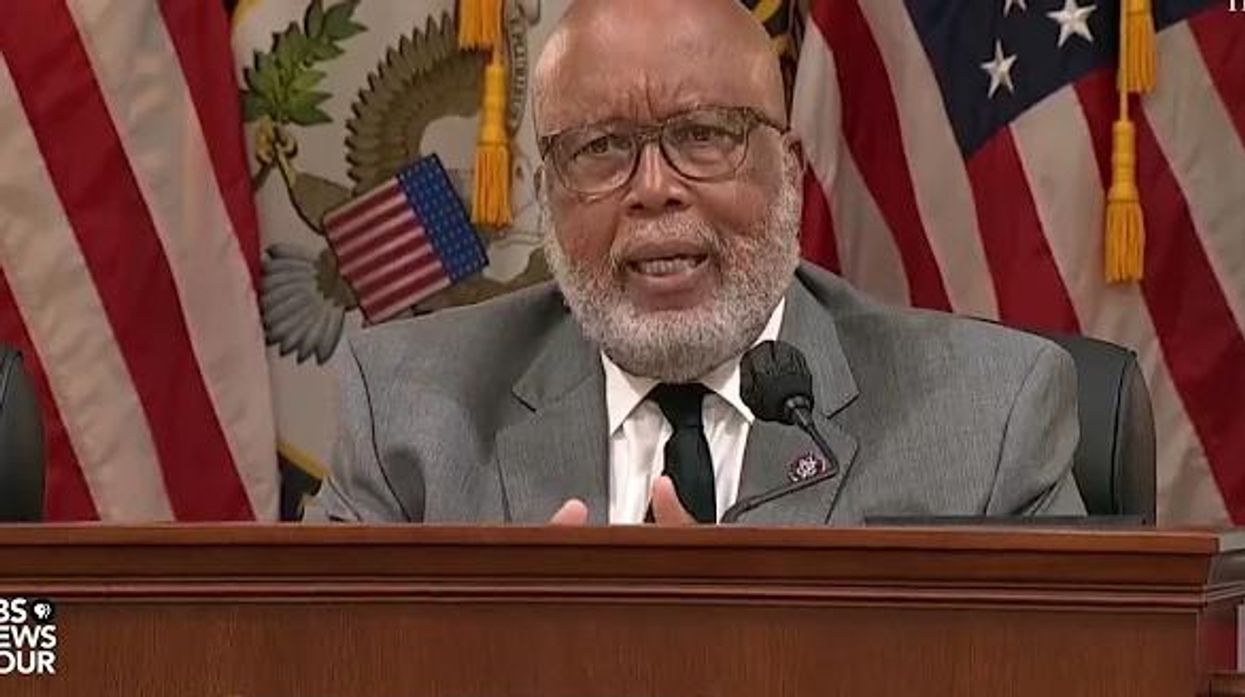New York Suburbs May Return Democrats To Power In Congress
Those days are obviously gone. The recent election of Democrat Tom Suozzi to replace George Santos in Long Island's 3rd district suggests that Democrats and independents in these swing districts now recognize that they must choose sides. And that may end up reversing more of the Republicans' recent advances in these near-in suburbs.
Those gains reflected the social chaos unleashed by COVID and shrieking headlines about crime in the big city. As a result, Republicans in 2022 took five of the six congressional House districts on Long Island and in the lower Hudson Valley. Four had gone for Joe Biden two years earlier.
The New York suburbs, of all places, helped the GOP obtain its thin House majority.
The problem for these voters, however, is that the House is not run by their kind of nice-guy Republicans but the right-wing Speaker Mike Johnson, Donald Trump and a coterie of fringe extremists with near zero interest in these suburbanites' concerns. On the contrary, they're hostile to reproductive rights, national security and health care.
The Republicans' successful pitch to these suburbs centered on crime, immigration and taxes. Crime in New York, never as rampant as the scary reports suggested, is now down. New York was still one of the safest cities in America, but with COVID keeping a lot of suburbanites working at home, many had little in the way of a reality check. In any case, the city is back to gridlock.
On immigration, the Republican House just smothered a bipartisan Senate deal that would have actually curbed the chaos at the border. Trump ordered that the problem not be solved, so he could campaign on it.
As for tax relief, the impotence of the suburban Republicans recently went on full display in their failure to restore any of the deduction for state and local taxes (SALT). In 2017, then-President Trump and a Republican Congress slashed the deduction to $10,000.
One intention was to shake down taxpayers in blue states, where incomes, local levies and the cost of living are high. They were thus forced to pay taxes on taxes they'd already paid.
Limiting the deduction to $10,000 not only affected rich people. A cop married to a nurse on Long Island could easily have a combined income of $200,000 — and state, local and property tax bills well north of $30,000.
Mike Lawler, a Republican representing the lower Hudson Valley, had campaigned on the promise to address this thorn in his constituents' side. He called for doubling the cap on SALT deductions to $20,000 and only for married couples. But Republican House leaders swatted down even that modest proposal.
Other changes since 2022 may blow wind in Democrats' sails. Democrats are unlikely to again forget to campaign, which contributed to the loss of at least two seats. One of the overly confident Democrats neglected to do any background check on his opponent, the wildly fraudulent George Santos.
Come November, Trump is sure to be on the ballot, and you don't have to be a Democrat in these affluent suburbs to detest him. Recent redistricting in New York State also slightly enhances Democrats' prospects. Finally, with inflation down and stock prices up, moods are improving across middle class America. Then there's the abortion issue.
And so exactly what are Lawler and other suburban Republicans doing for their constituents other than helping keep in power the very people who hold their interests in contempt? Little that we can identify.
Reprinted with permission from Creators.




